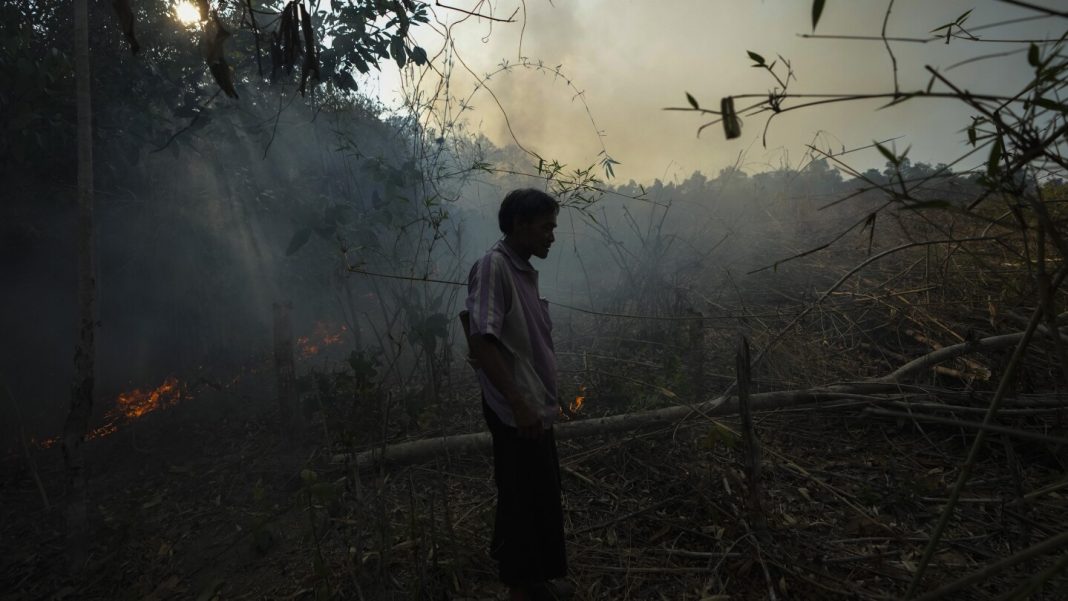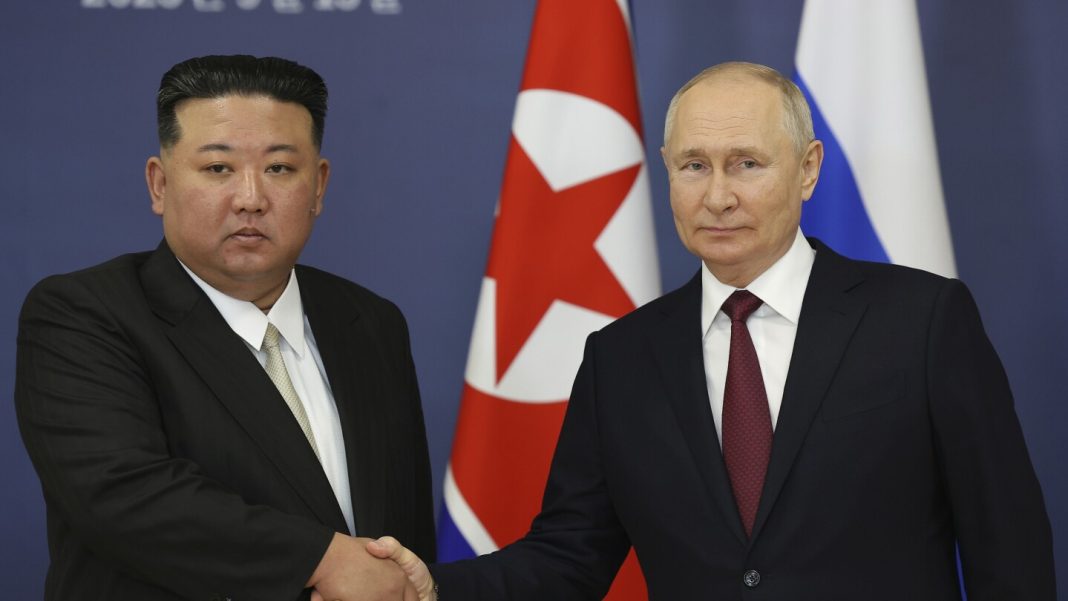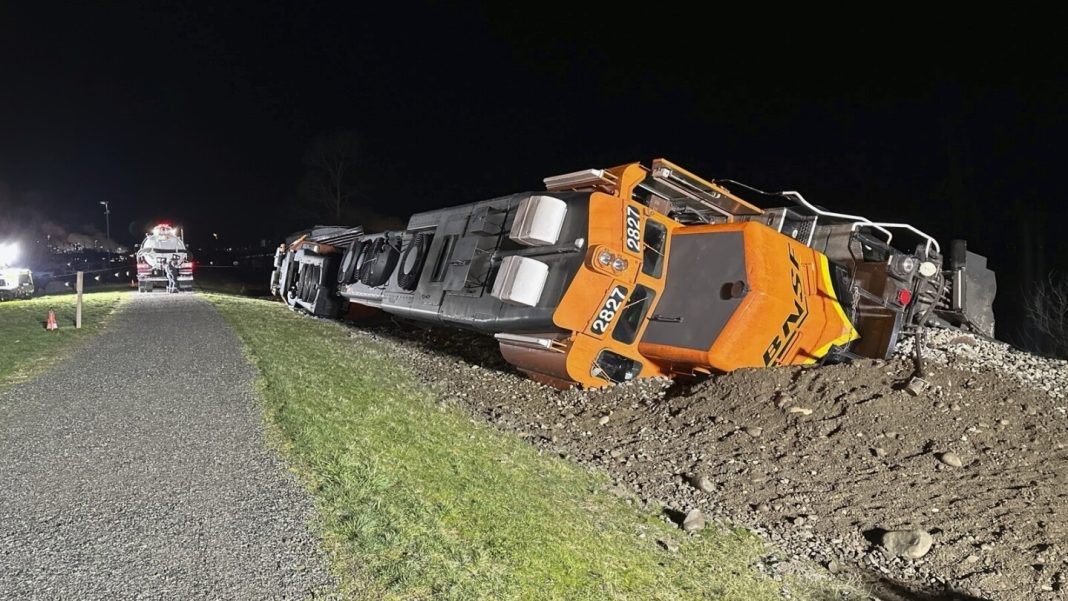SAMOENG, Thailand (news agencies) — When the haze season comes, village chief Nanthawat Tiengtrongsakun and his tribesmen start preparing the land for fire.
They cut shrubs and trees on their small parcels of land, then set controlled burns that will clear their fields for planting — and send up plumes of smoke that add to some of the worst air in the world. It’s a slightly sweet gray haze that blurs the mountains in this part of northern Thailand to a faint outline, makes the air itself feel solid and turns breathing and swallowing painful for some.
The Pakanyo, who have carried out the practice as long as they have lived in these hills about 90 minutes from Chiang Mai, a top tourist destination, say they get blamed by city dwellers for fouling the air and damaging forest land.
“We are the ethnic group that preserves the forest, but other people have the concern that we are destroying the forest,” Tiengtrongsakun said. “My argument to them is that we have been living (here) for generations. If we are the cause of the damage, the forest around us would have to be all gone.”
The Pakanyo are just a small part of a cluster of factors that show how deeply fire is ingrained in local practices and why Thailand’s air pollution issue is so intractable.
During the haze season, from February to April, Chiang Mai city regularly tops the list of the world’s worst cities for air pollution. In March and April, its levels of fine particulate matter — things like dust, dirt, soot and smoke that get into lungs and even bloodstreams — are on average about 20 times the World Health Organization’s recommended limit for exposure.
The city is at the forefront of the air pollution fight in Thailand in part because of its toxic air quality index readings, but also because it is home to a strong civil society and a meaningful local government effort to tackle the issue. And that effort has been reinforced by Prime Minister Srettha Thavisin, who has visited Chiang Mai four times since taking office last summer. He’s called Chiang Mai a “model” that other places in Thailand should learn from, and last fall pledged to push through clean air legislation to “ensure that access to clean air is a basic human right for all.”
Dirty air has become a fixture for public discussion in Thailand over the past two decades, but despite significant research and advocacy, the problem persists.




